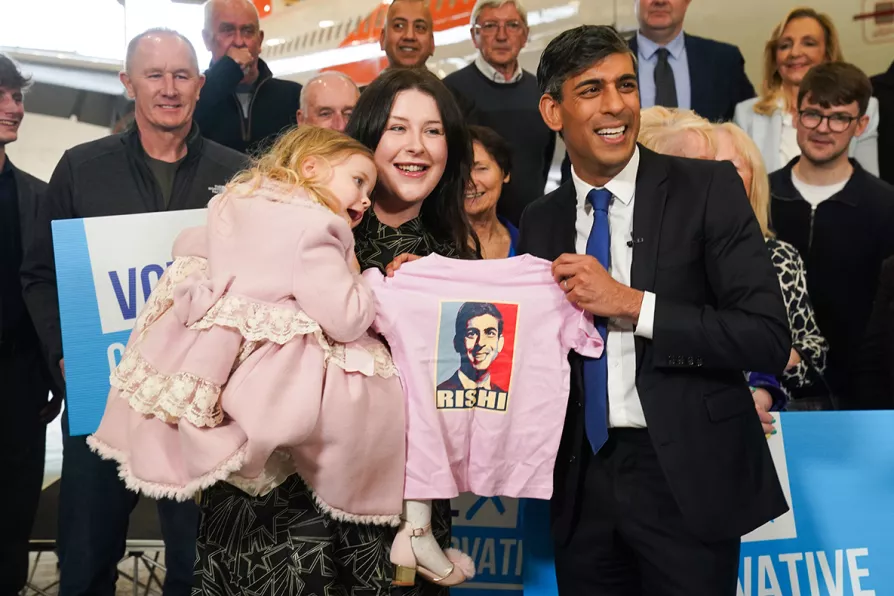As the government quietly upgrades the role of Britain’s special forces, their growing global footprint and near-total exemption from democratic oversight should alarm us all, says ROGER McKENZIE

 Prime Minister Rishi Sunak greets supporters in Teesside celebrating Lord Ben Houchen's re-election as Tees Valley Mayor, May 3, 2024
Prime Minister Rishi Sunak greets supporters in Teesside celebrating Lord Ben Houchen's re-election as Tees Valley Mayor, May 3, 2024
LAST WEEK’S local election results were widely and rightly portrayed as a disaster for the Conservatives and a sign that Britain is desperate for change.
Rishi Sunak’s party lost more than half the seats it was trying to hold, along with a slew of councils and mayoral contests — and lost heavily even in mayoral contests it managed to defend, such as Tees Valley. But in fact, the Tories only went backward slightly in terms of overall vote share compared to their already-poor performance, with “national equivalent vote” predictions putting the Tories on 27 per cent.
But while the results showed clearly that British voters want change, there was no landslide to Labour. While Keir Starmer’s party picked up seats, according to political scientist John Curtice, the party went backwards compared to a year ago and recent polling giving Labour as much as 47 per cent of the Westminster vote turned into a projected 34 per cent when voters went to the actual ballot box, just 7 per cent ahead of the Tories. On the equivalent measure, Tony Blair’s Labour was more than 20 points ahead of the Tories in 1995, before the 1997 general election landslide.

The New York mayoral candidate has electrified the US public with policies of social justice and his refusal to be cowed. We can follow his example here, writes CLAUDIA WEBBE

With Reform UK surging and Labour determined not to offer anything different from the status quo, a clear opportunity opens for the left, argues CLAUDIA WEBBE

JOE GILL looks at research on the reasons people voted as they did last week and concludes Labour is finished unless it ditches Starmer and changes course

DIANE ABBOTT looks at the whys and hows of Labour’s spectacular own goal










